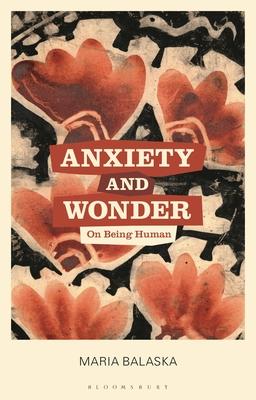At times, we find ourselves unexpectedly immersed in a mood that lacks any clear object or identifiable cause. These uncanny moments tend to be hastily dismissed as inconsequential, left without explanation. Maria Balaska examines two such cases: wonder and anxiety - what it means to prepare for them, what life may look like after experiencing them, and what insights we can take from those experiences.
For Kierkegaard anxiety is a door to freedom, for Heidegger wonder is a distress that opens us to the truth of Being, and for Wittgenstein wonder and anxiety are deeply connected to the ethical. Drawing on themes from these thinkers and bringing them into dialogue, Balaska argues that in our encounters with nothing we encounter the very potential of our existence. Most importantly, we confront what is most inconspicuous and fundamental about the human condition and what makes it possible to encounter anything at all: our distinct capacity for making sense of things.
At times, we find ourselves unexpectedly immersed in a mood that lacks any clear object or identifiable cause. These uncanny moments tend to be hastily dismissed as inconsequential, left without explanation. Maria Balaska examines two such cases: wonder and anxiety - what it means to prepare for them, what life may look like after experiencing them, and what insights we can take from those experiences.
For Kierkegaard anxiety is a door to freedom, for Heidegger wonder is a distress that opens us to the truth of Being, and for Wittgenstein wonder and anxiety are deeply connected to the ethical. Drawing on themes from these thinkers and bringing them into dialogue, Balaska argues that in our encounters with nothing we encounter the very potential of our existence. Most importantly, we confront what is most inconspicuous and fundamental about the human condition and what makes it possible to encounter anything at all: our distinct capacity for making sense of things.Paperback
$28.44